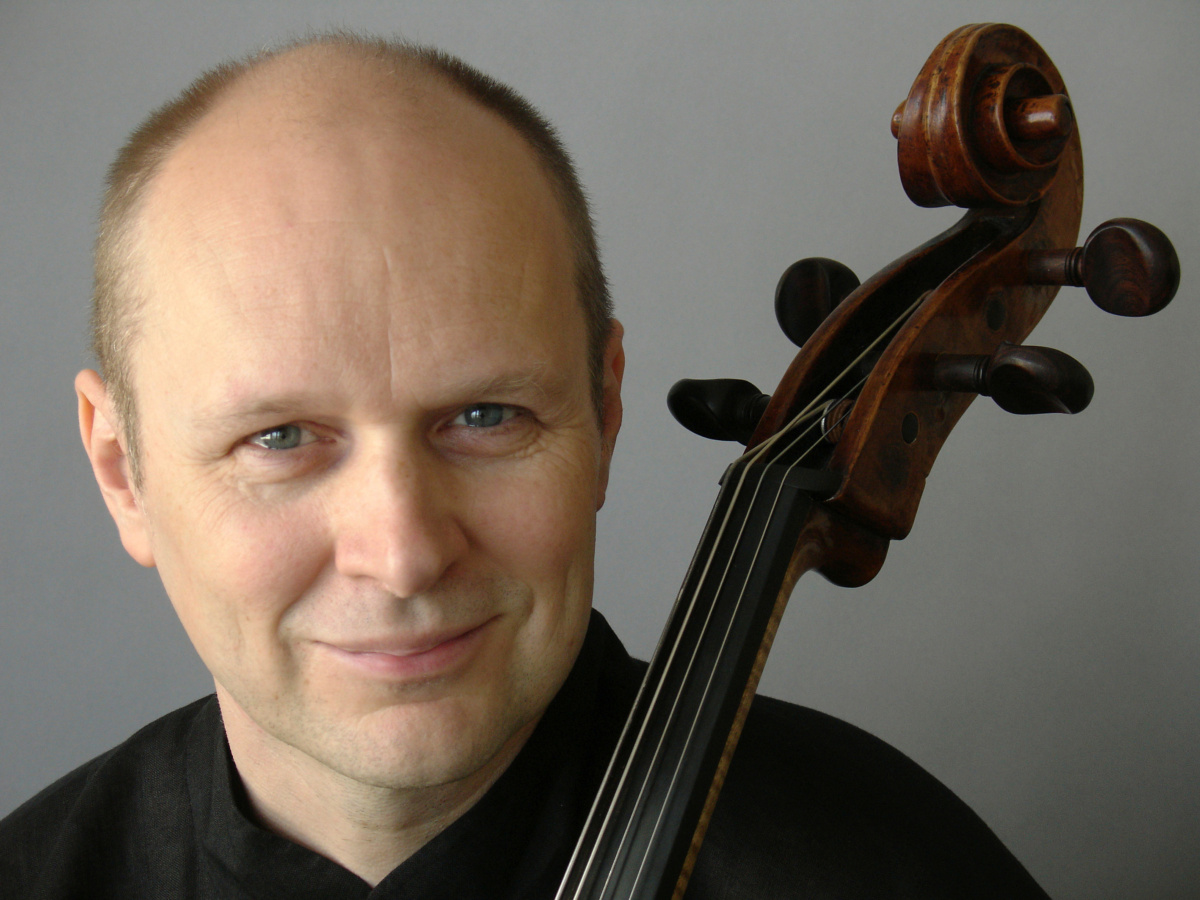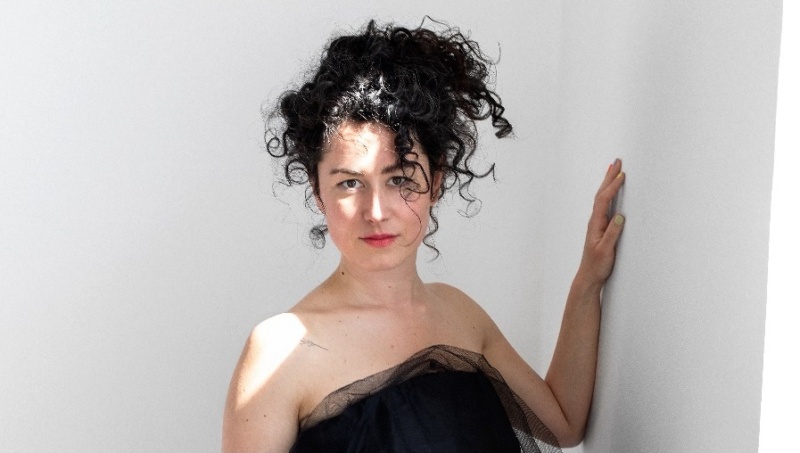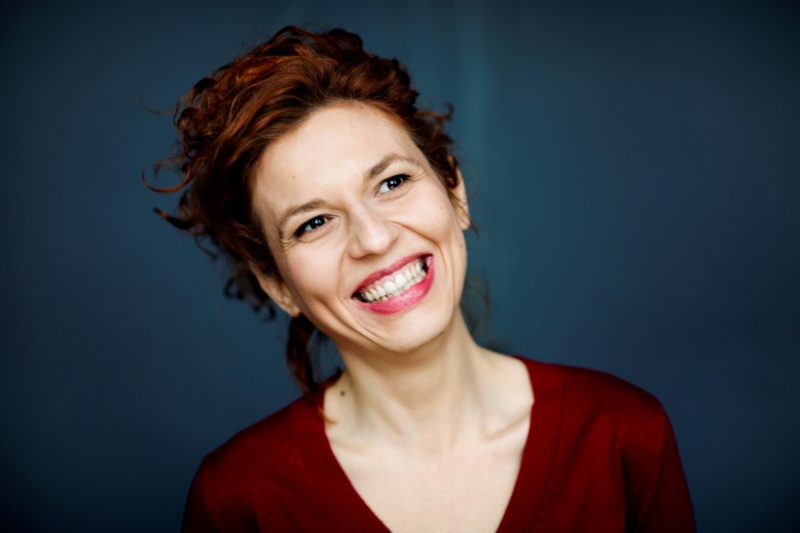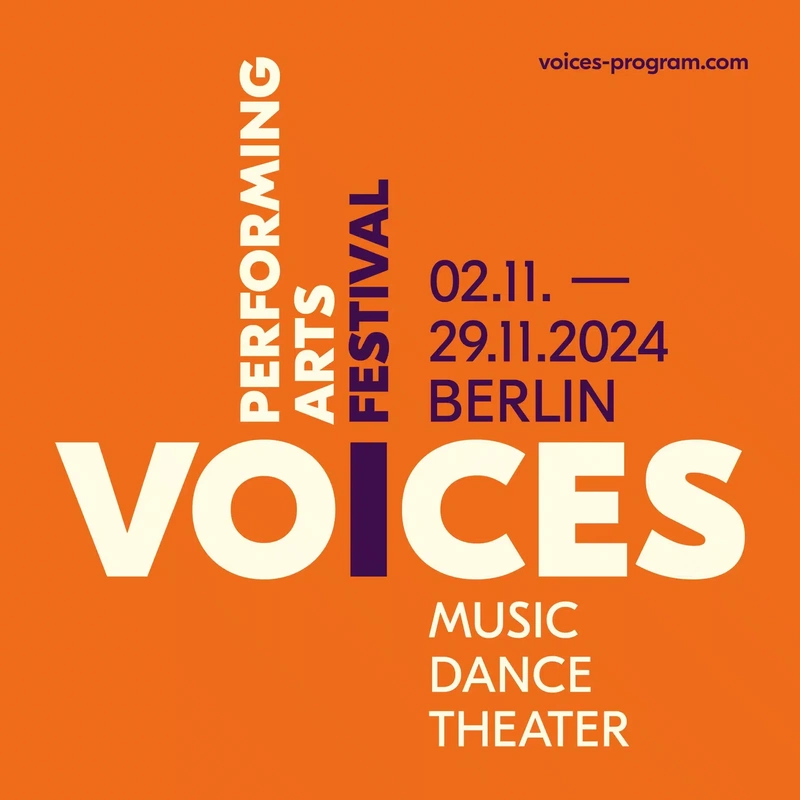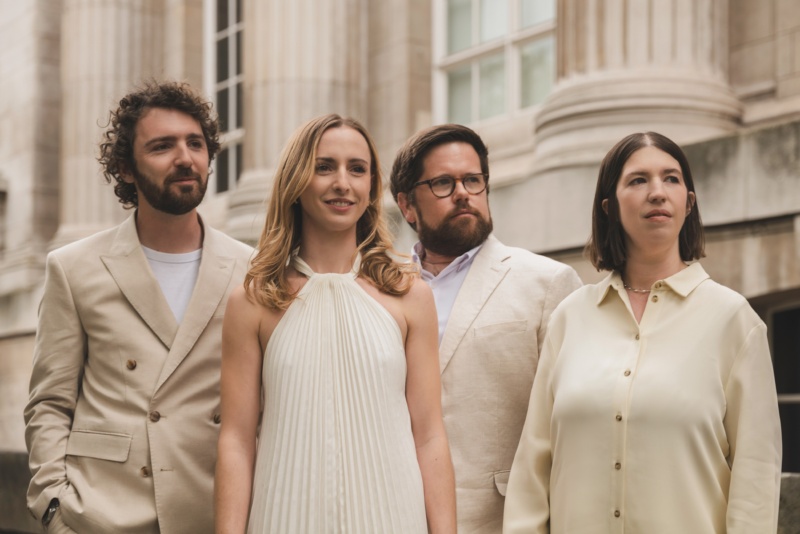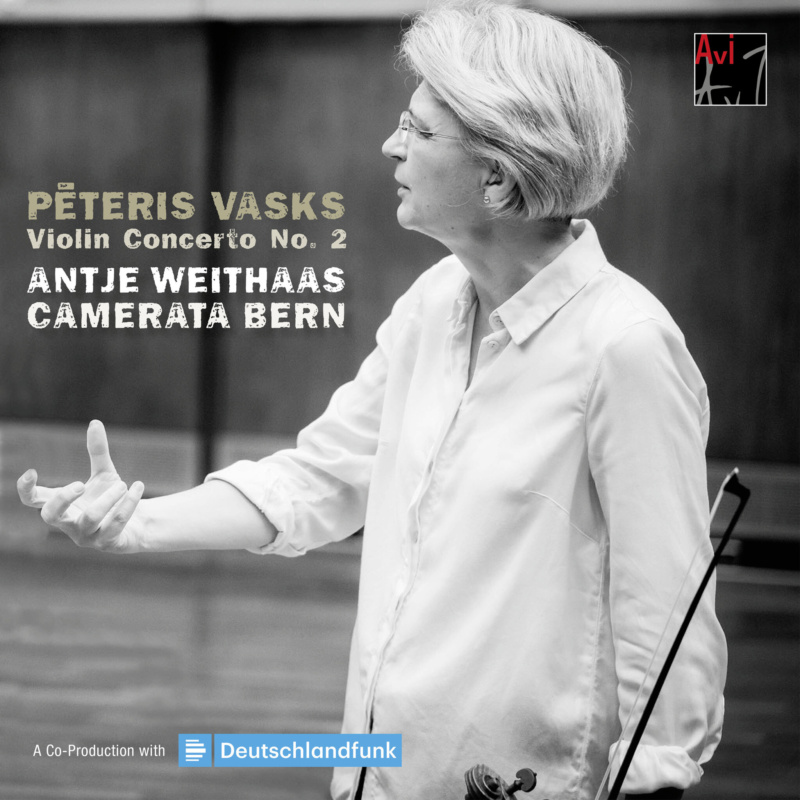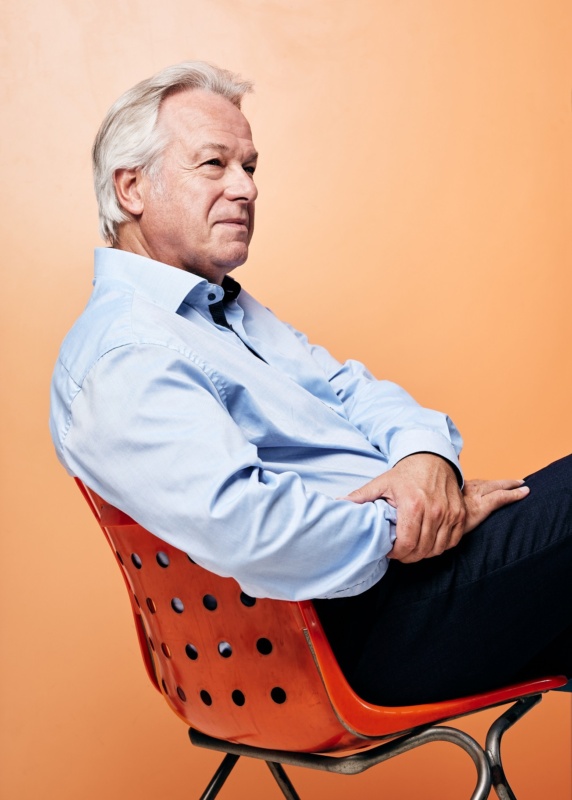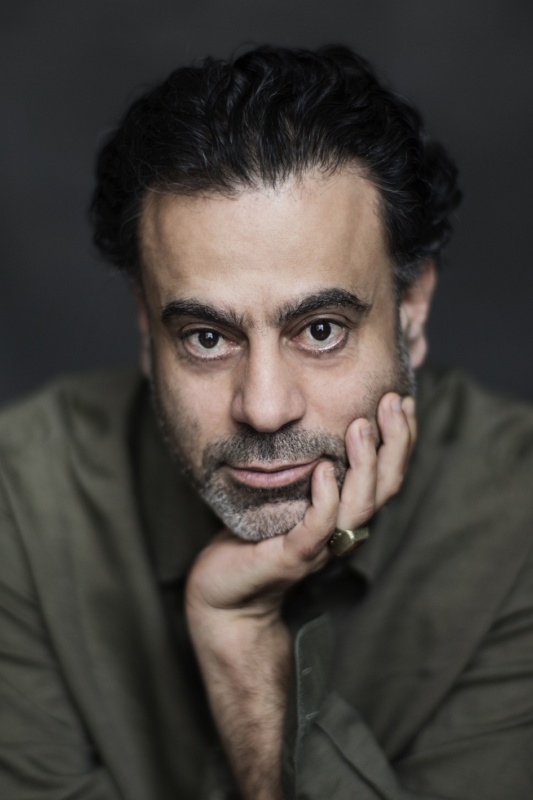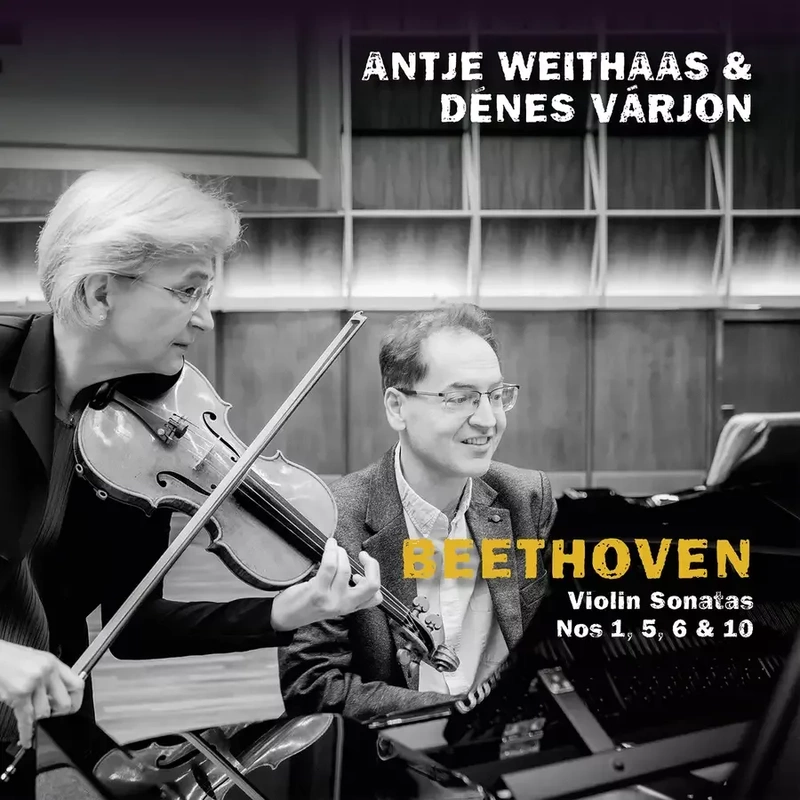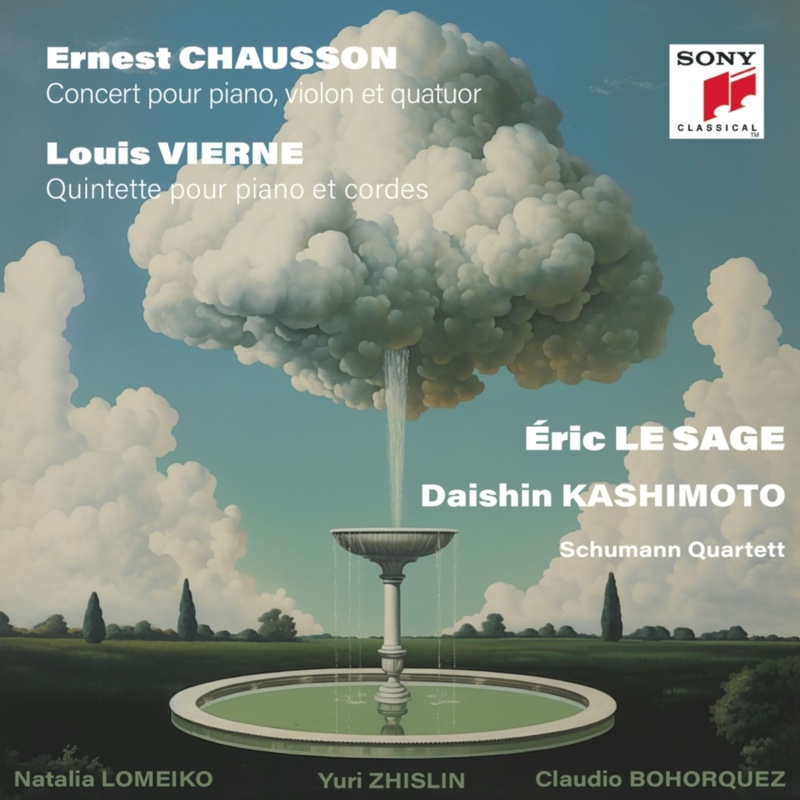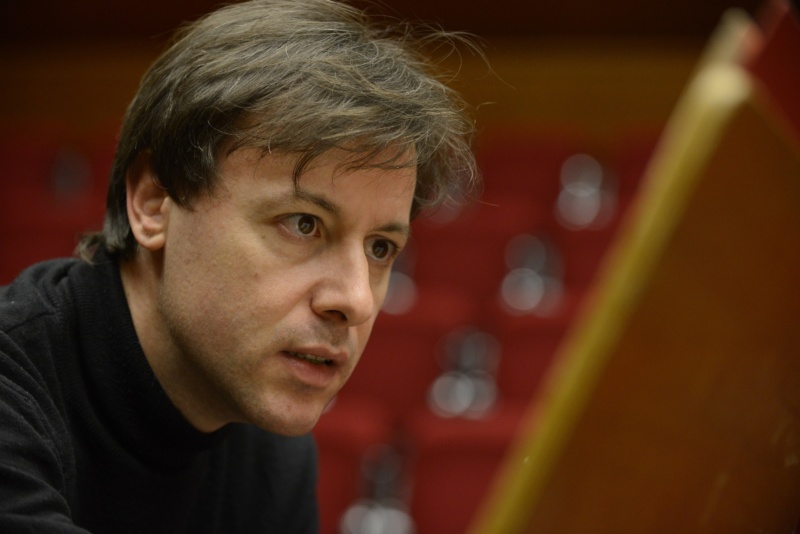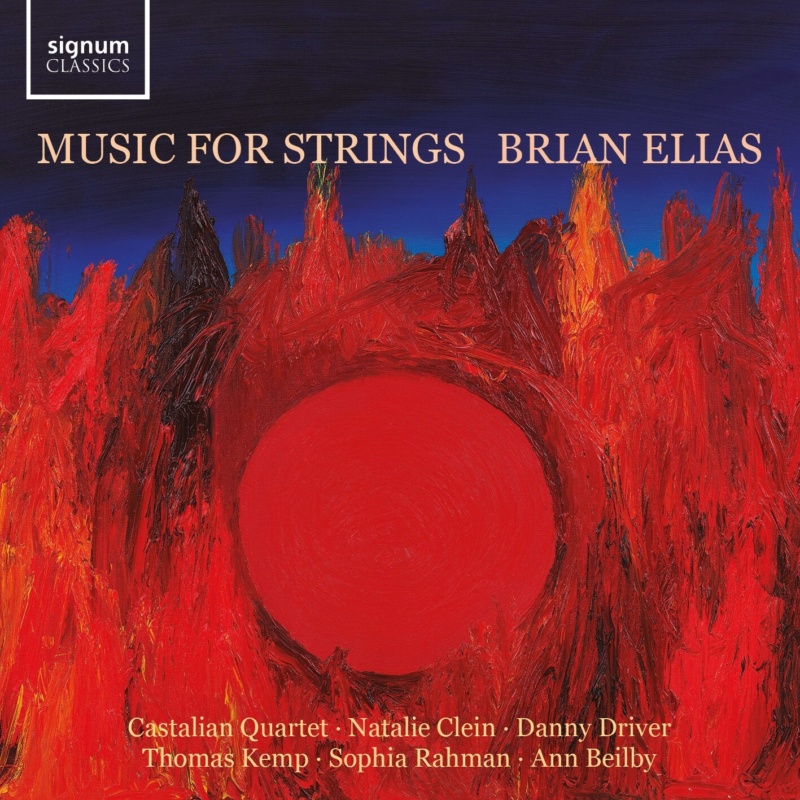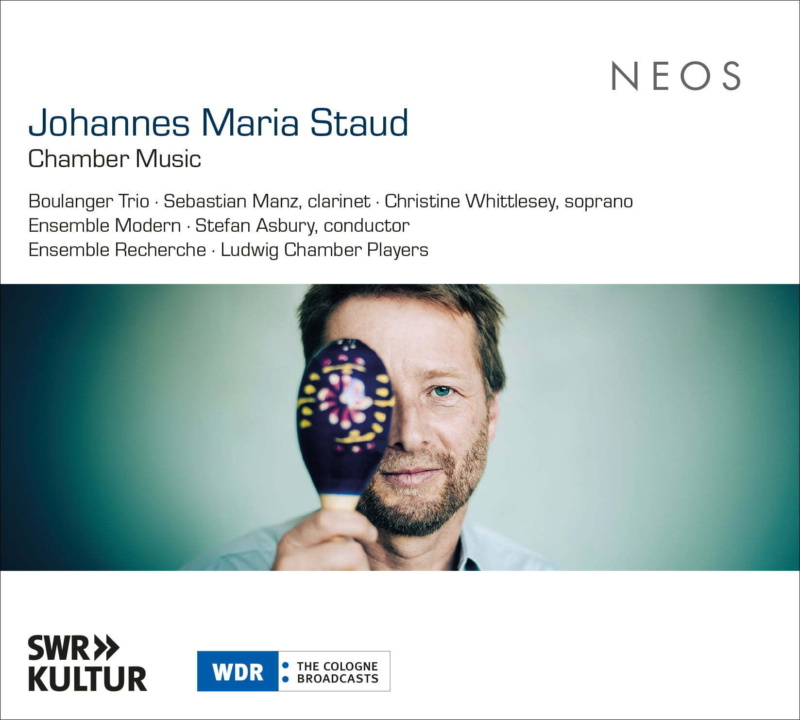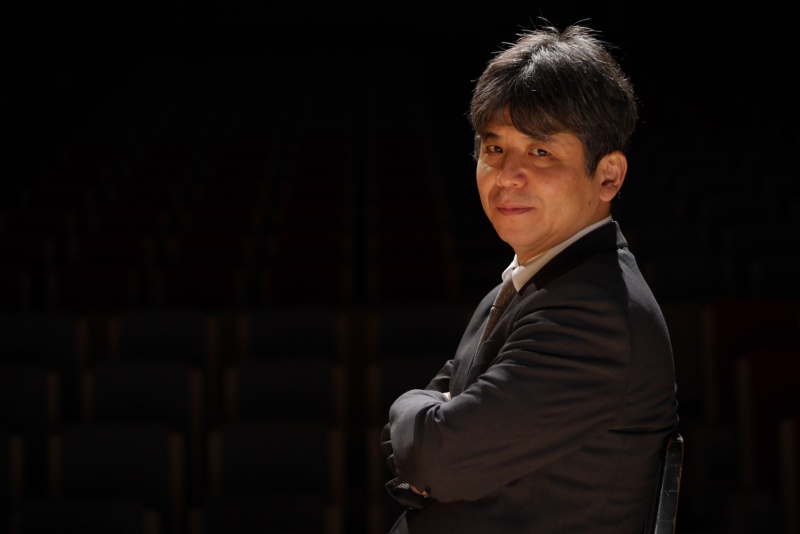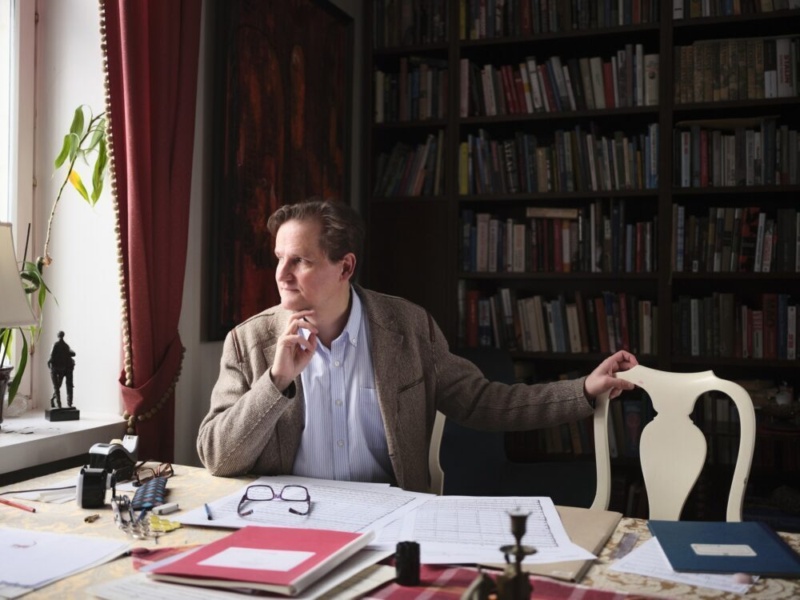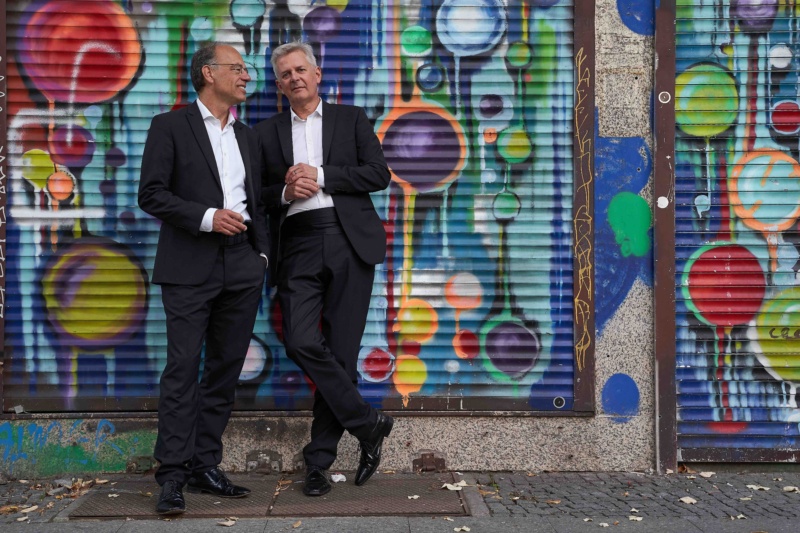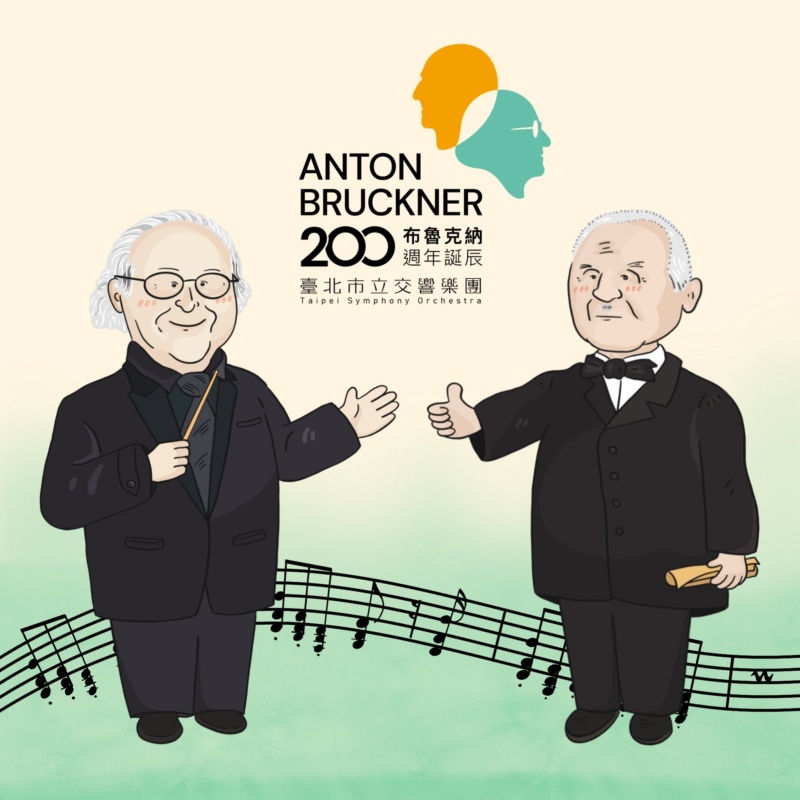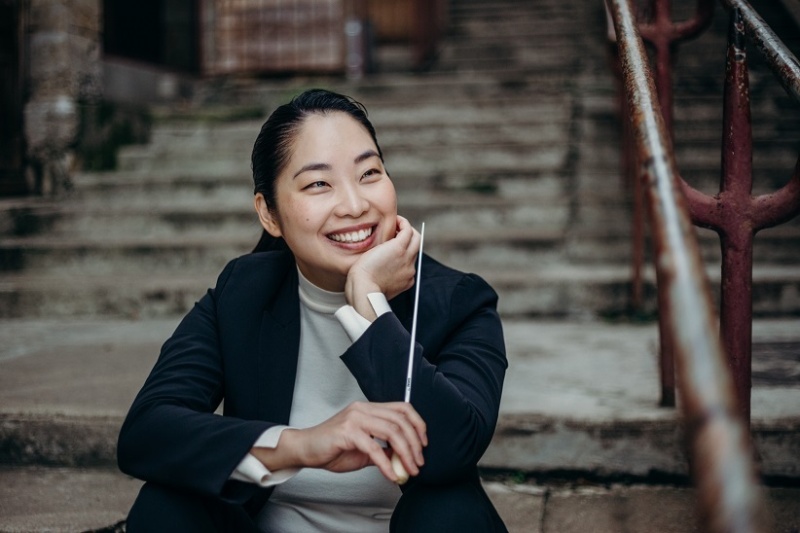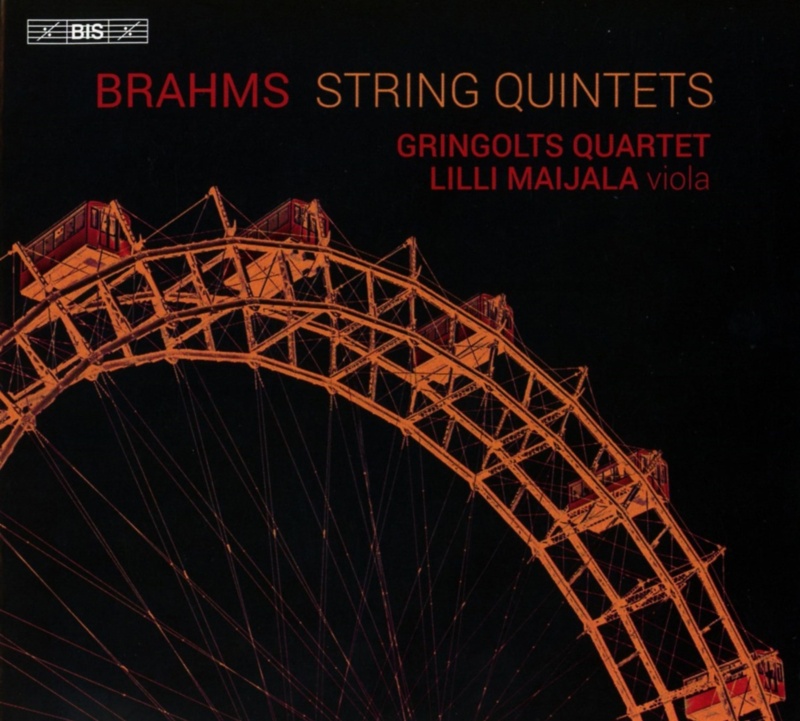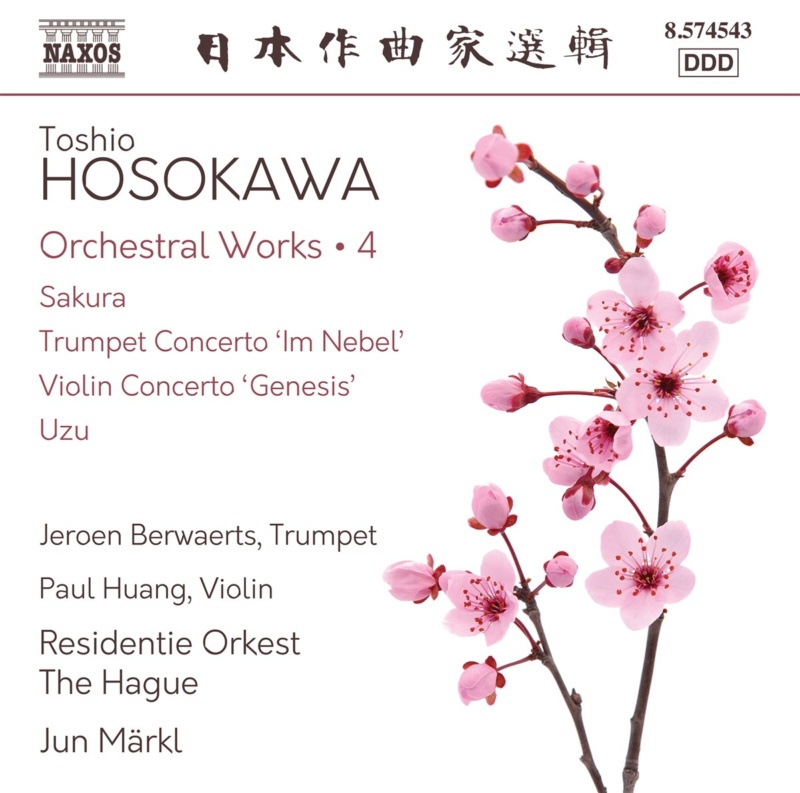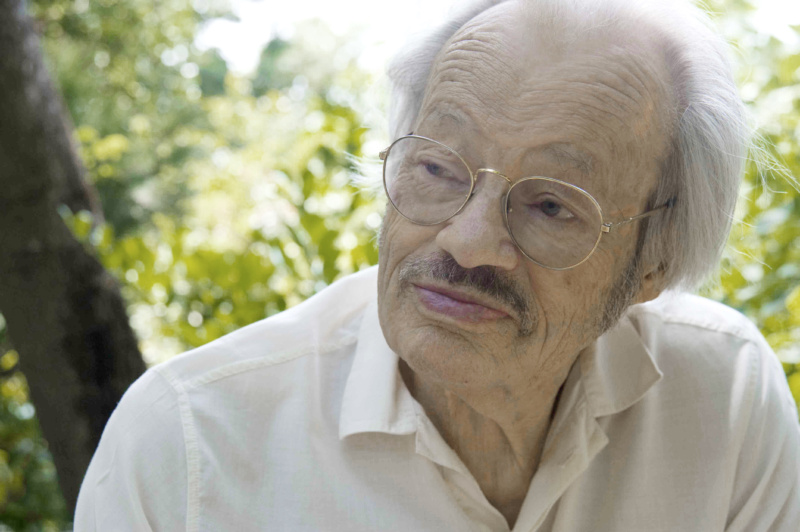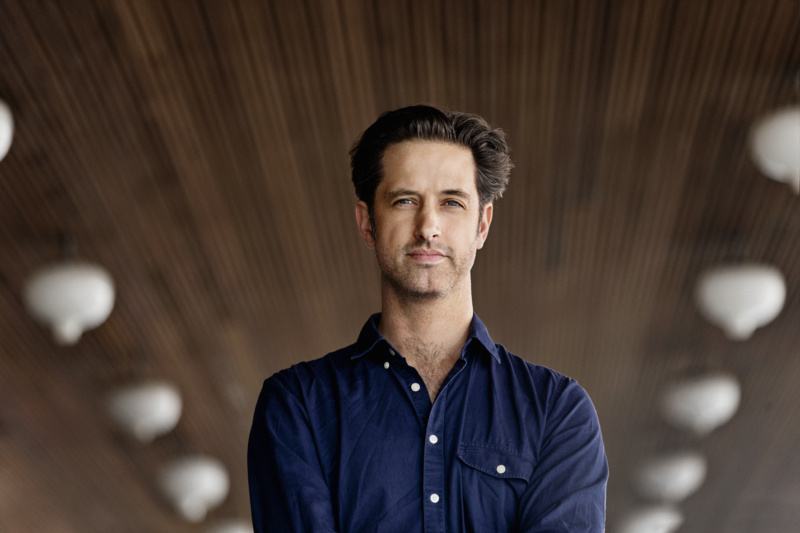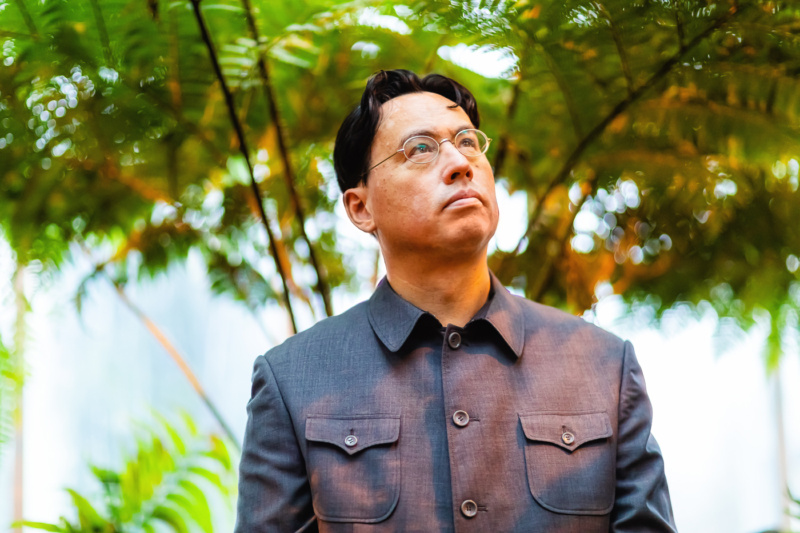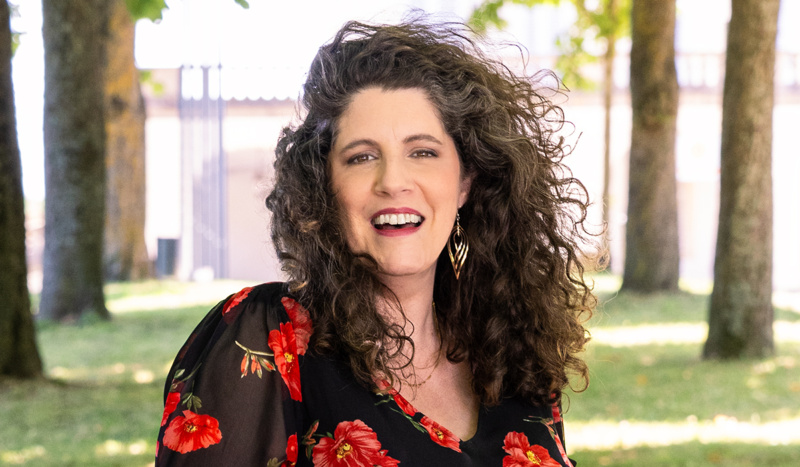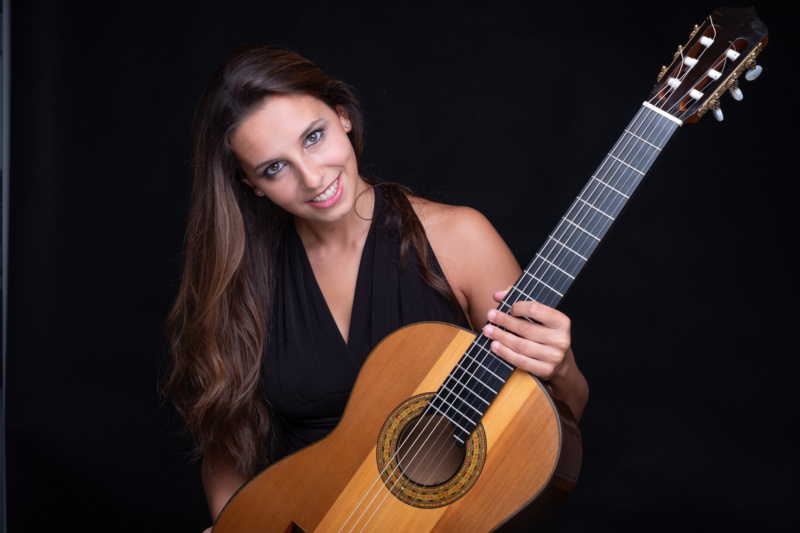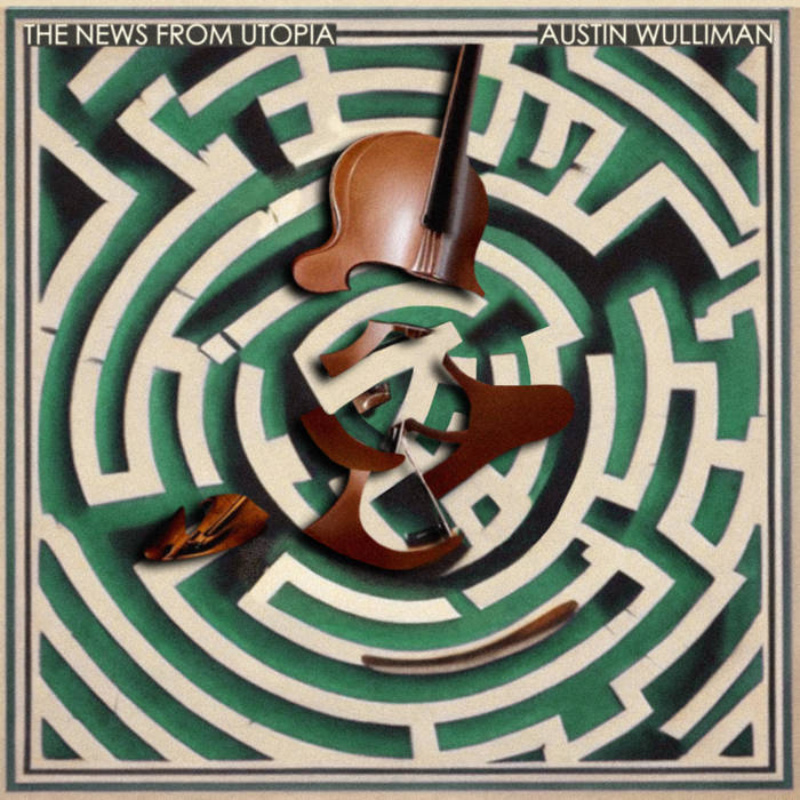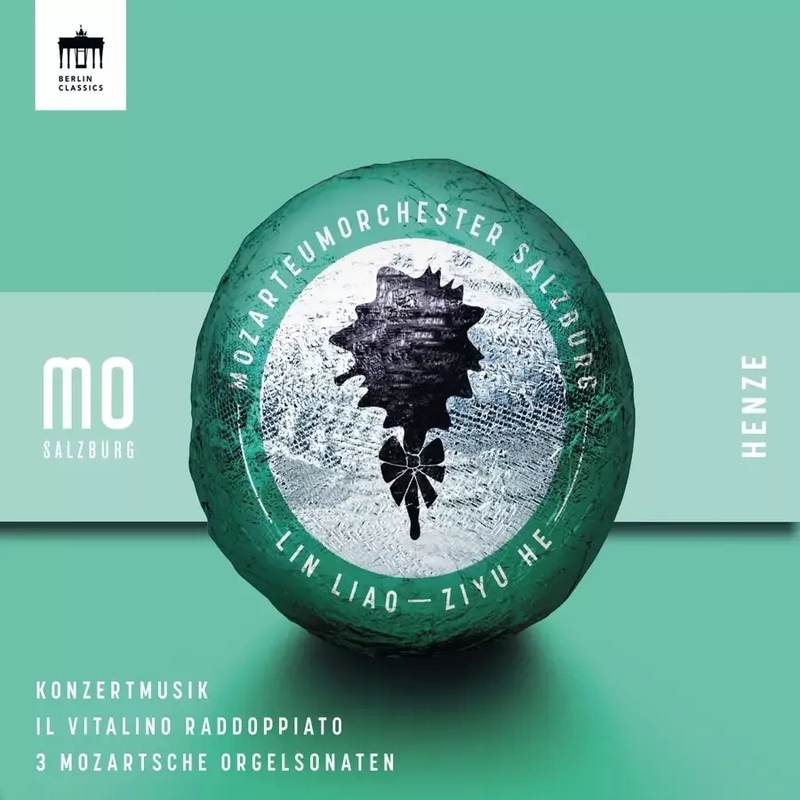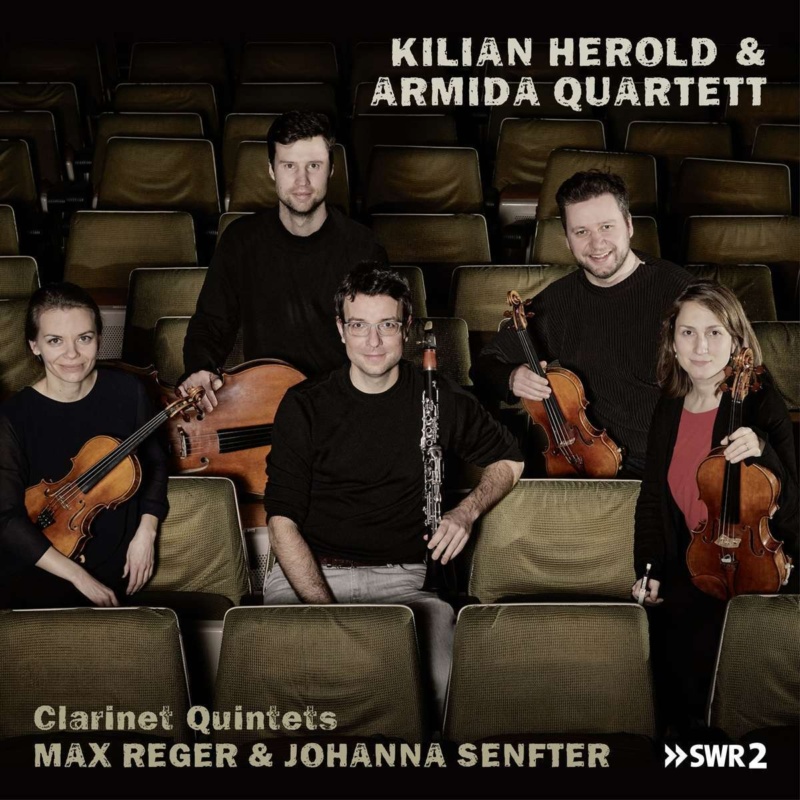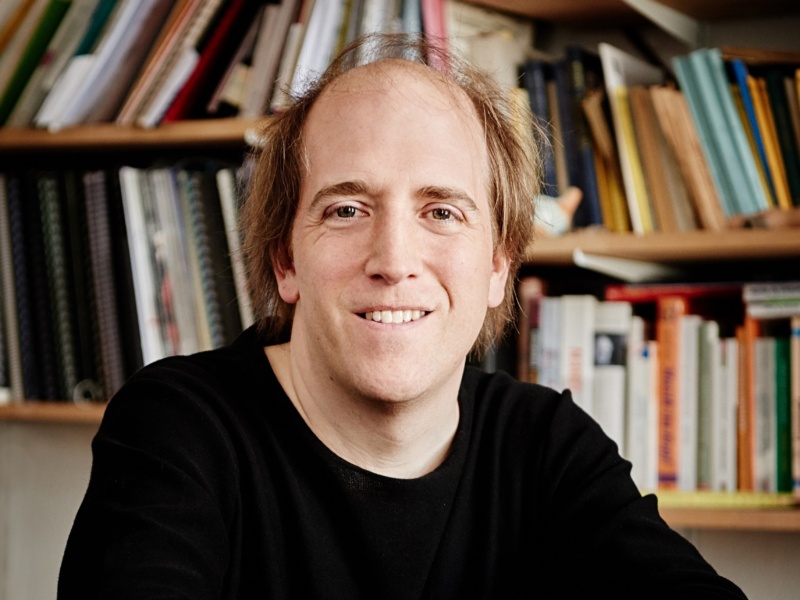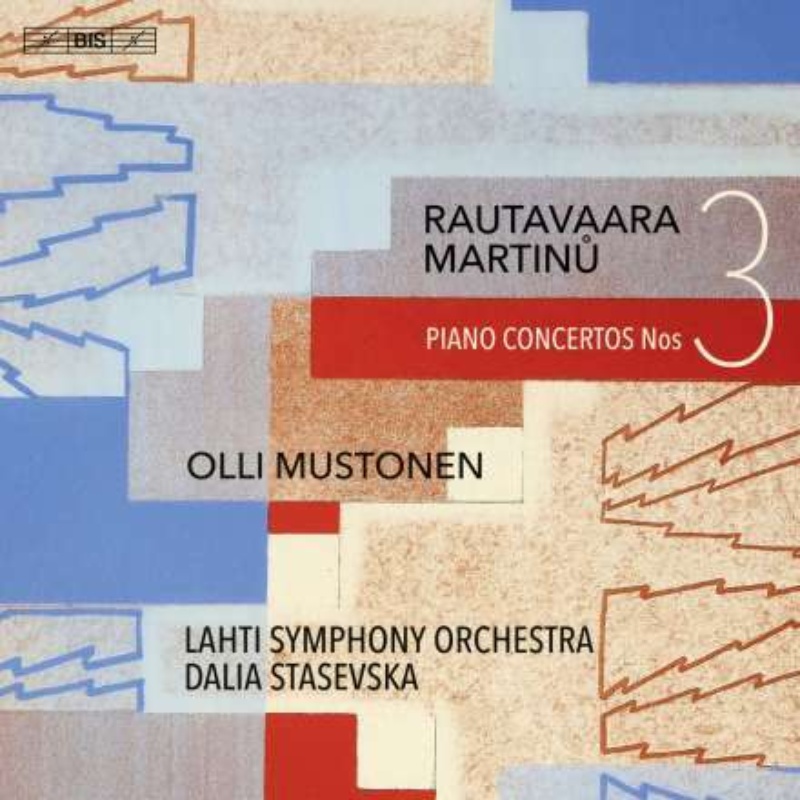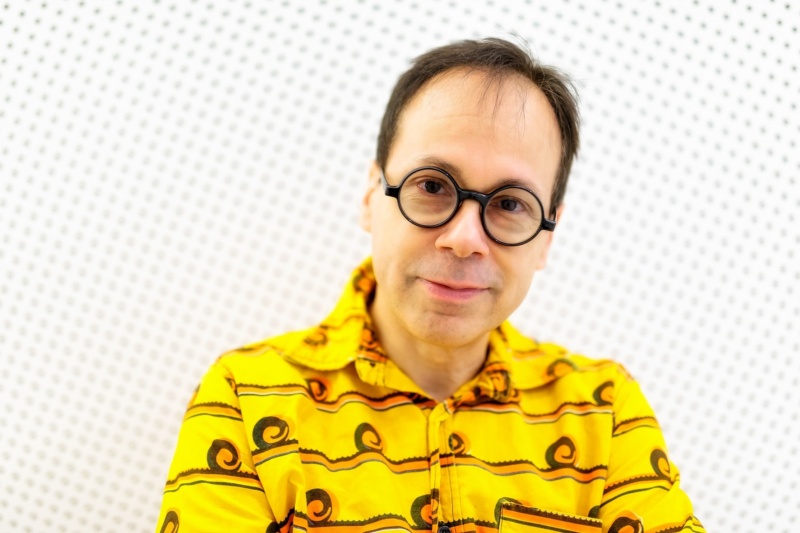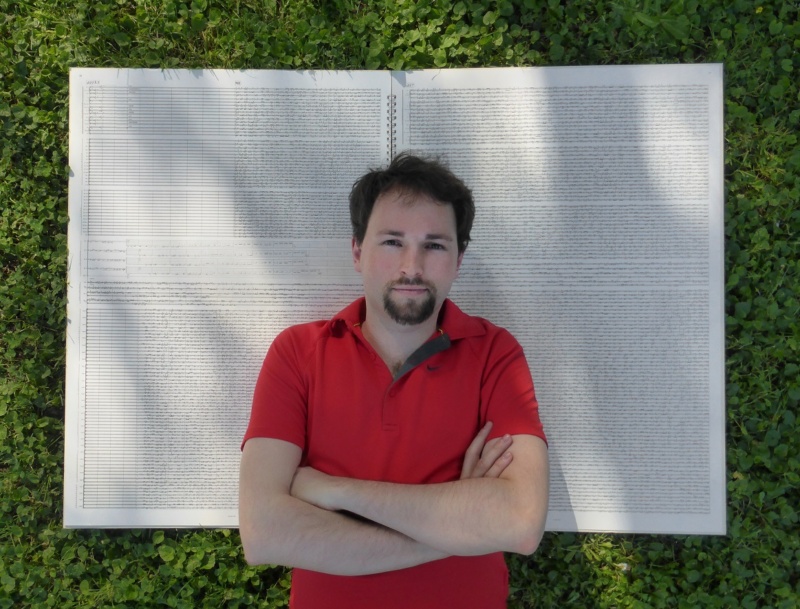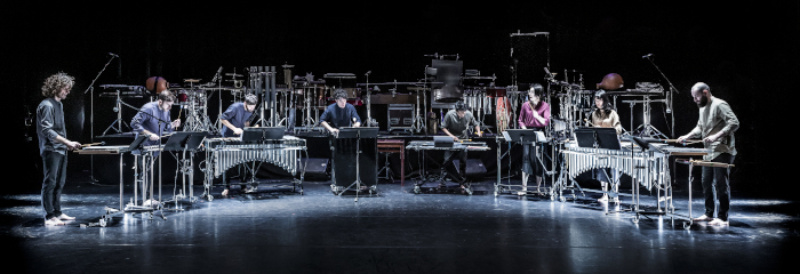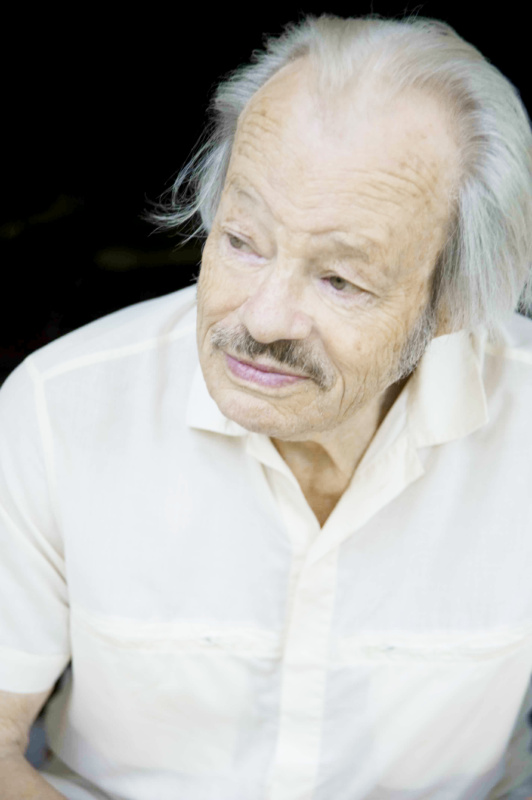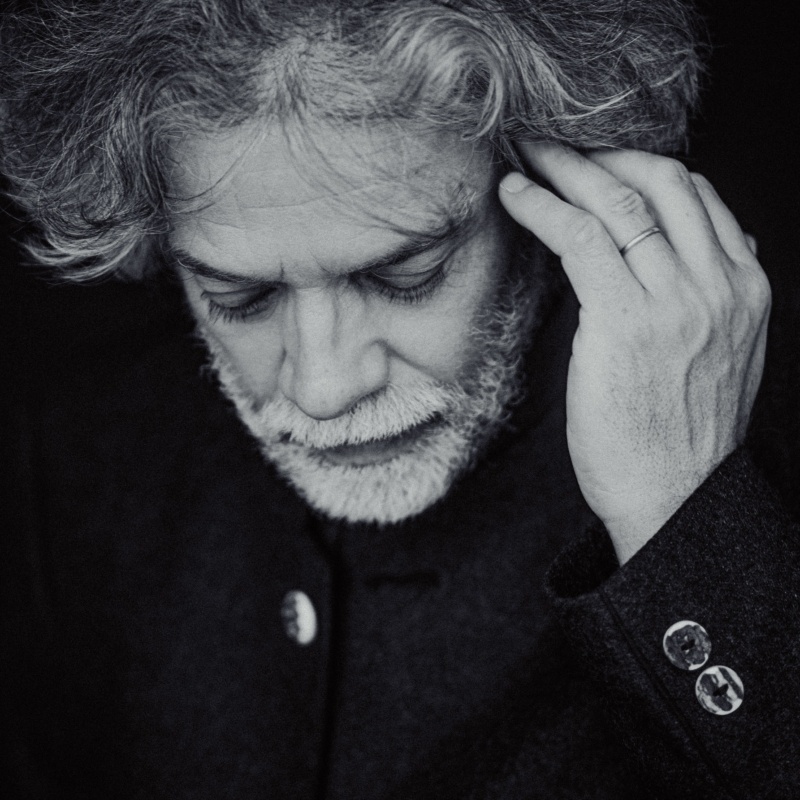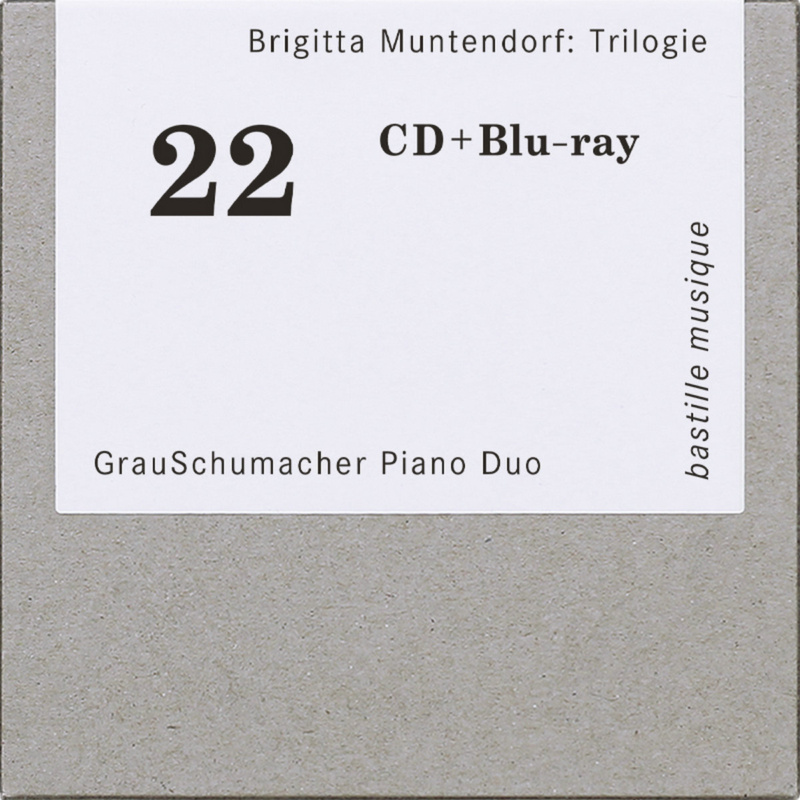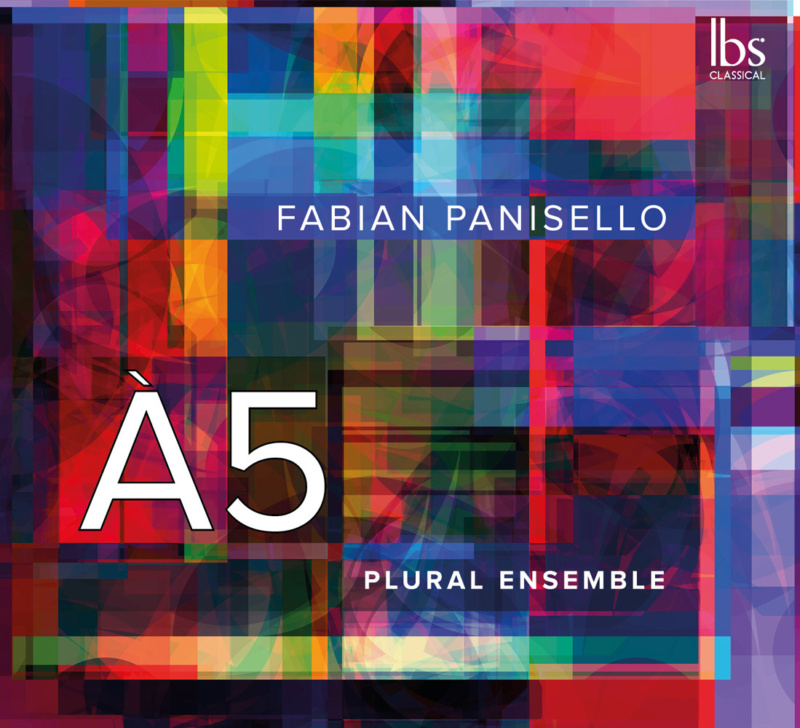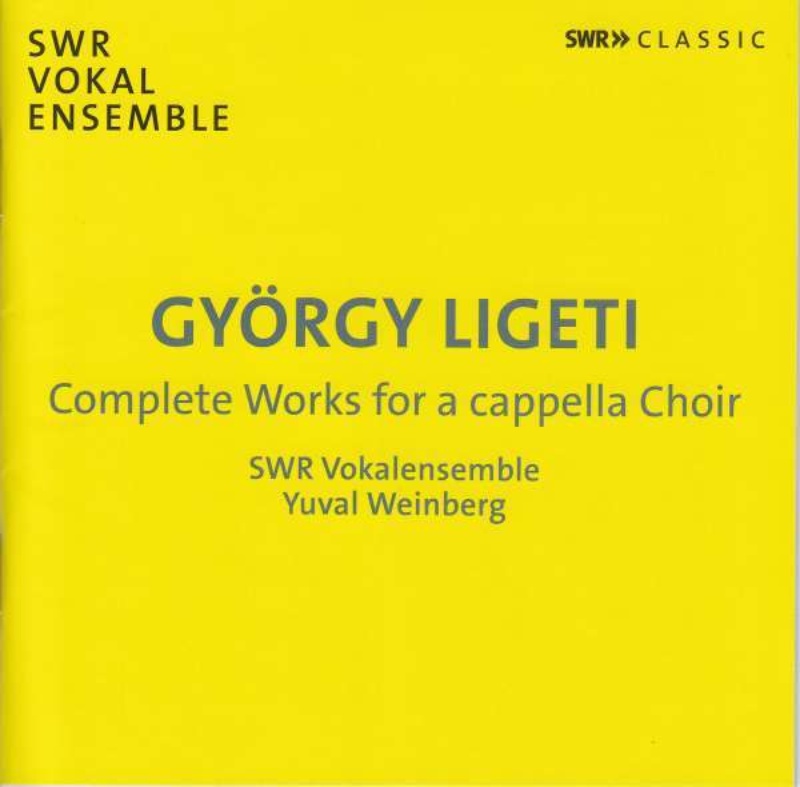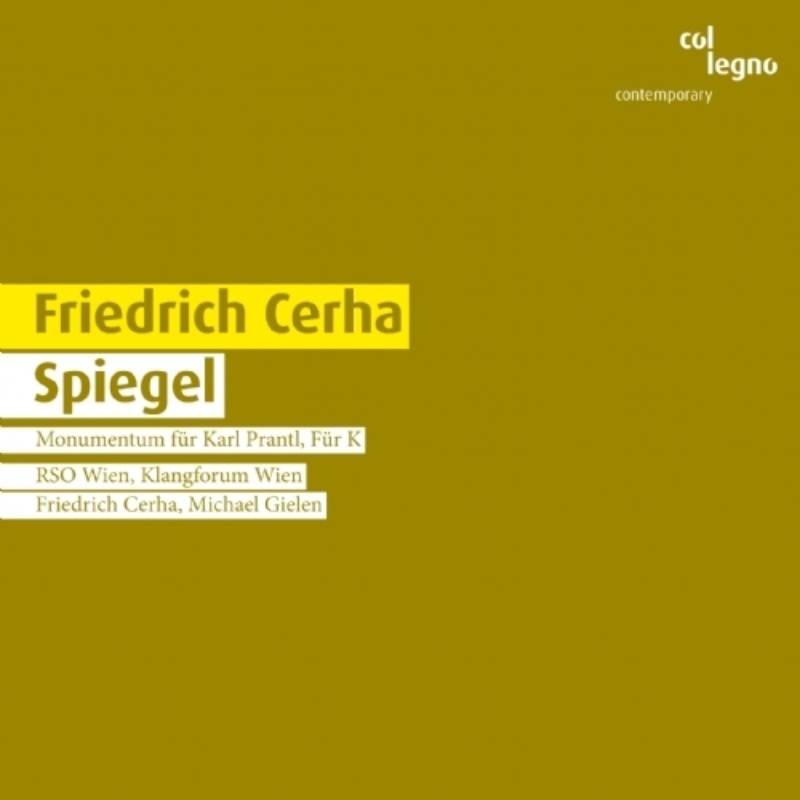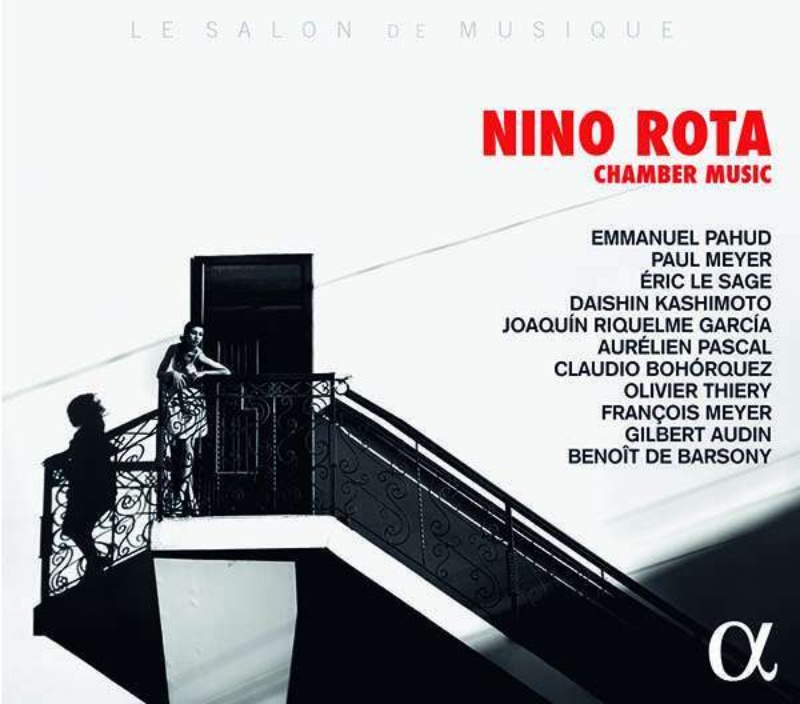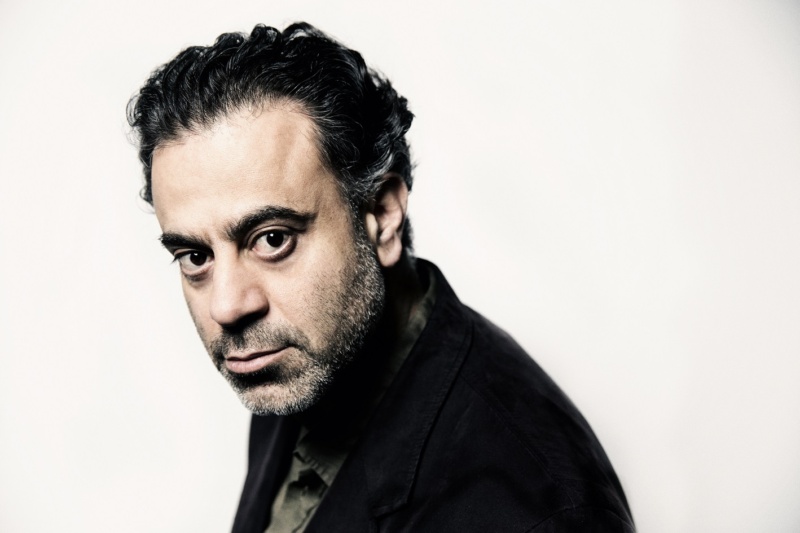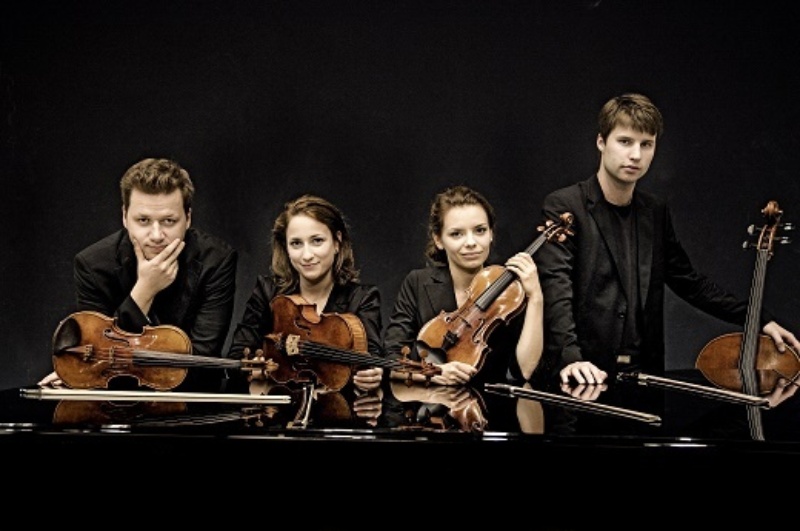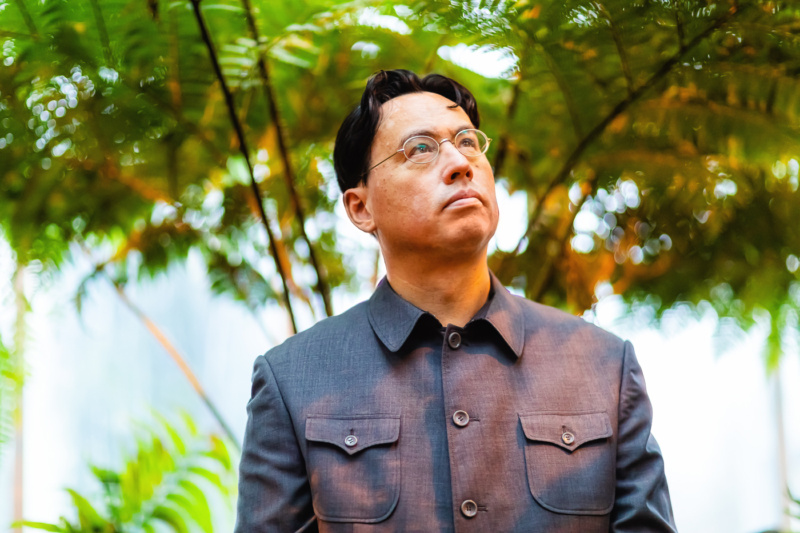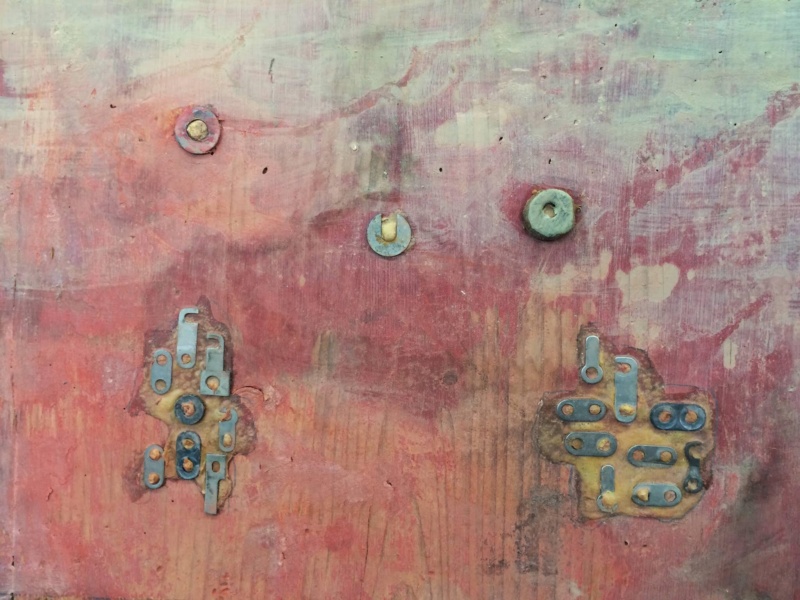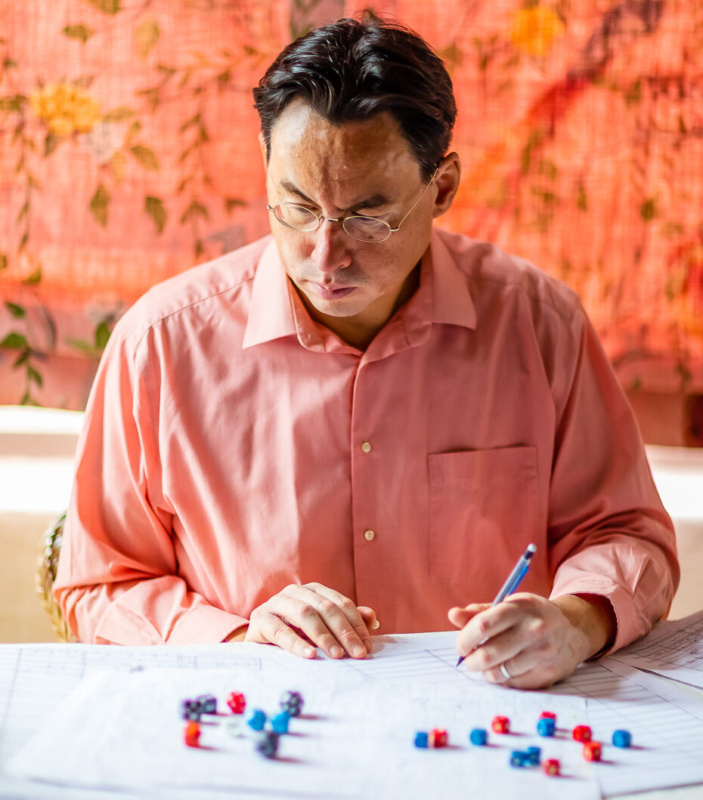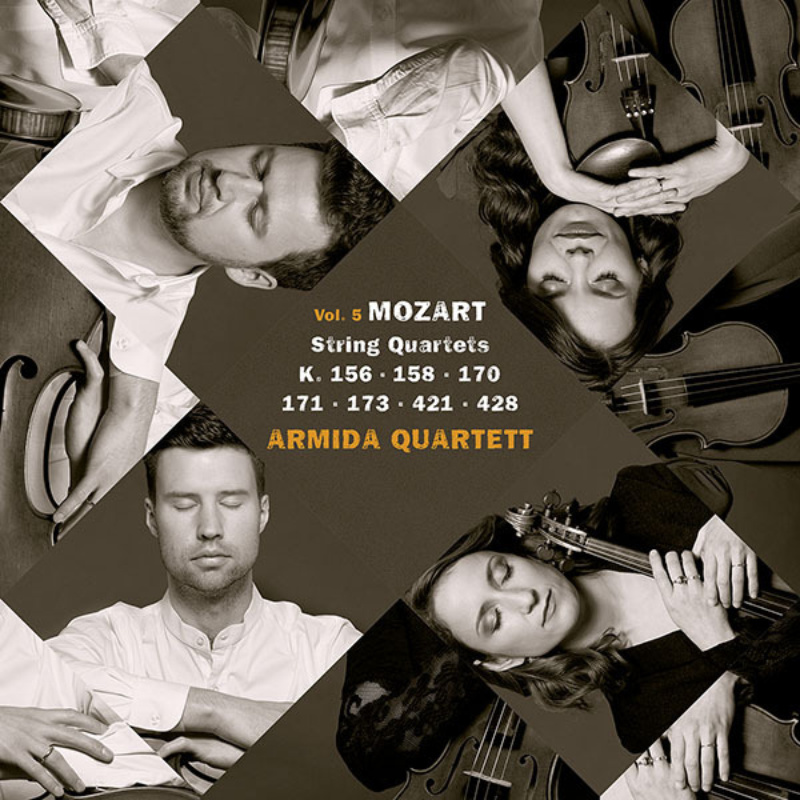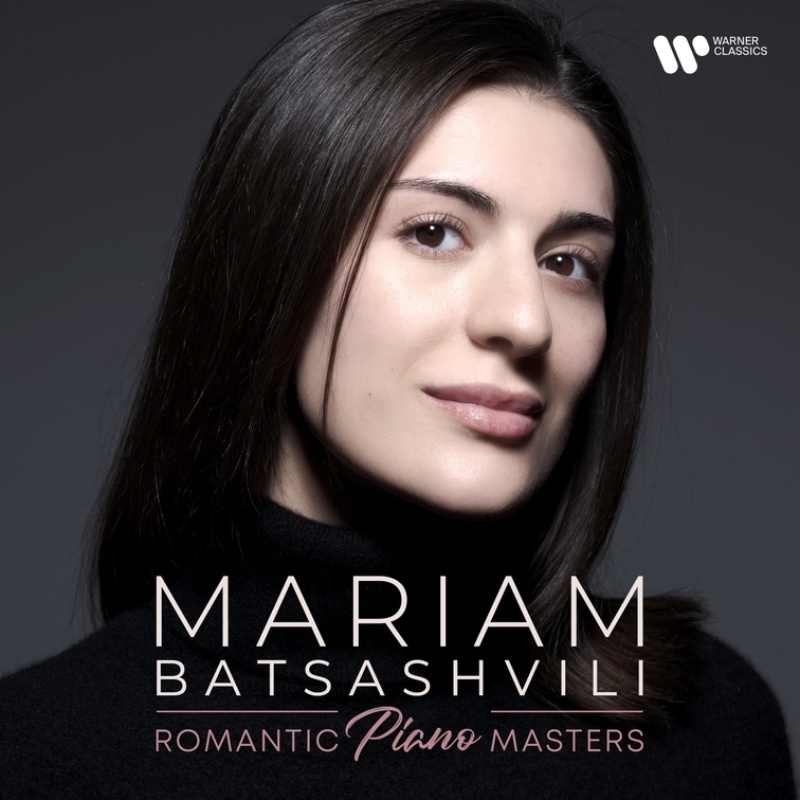I met both Hans Werner Henze and Oliver Knussen for the first time and
at the same time after a concert at the Queen Elizabeth Hall at the end
of 1980s. In 1996, Olly helped me to invite Mr Henze to the Suvisoitto
Festival in Finland as a composer in residence, after which we remained
friends until the end of both their lives. At the festival I played Introduction, Theme andVariations which is based on the movement that Hans Werner Henze took out of his original Seven LoveSongs. After that he asked me every time we met if I could also play the English Love Songs.
I took out the music every time but felt that the piece was so
incredibly difficult and problematic that I couldn’t imagine how to do
it justice or how to have it be heard through the orchestra for that
matter. When Mr Henze died, Olly called and asked me if I would play
with him and the BBCSO the English Love Songs in an all Henze
concert. I heard myself say without hesitation that naturally I would
love to. I realised that somehow the situation had changed. The piece
did still look difficult, but now that the composer wasn’t with us
anymore, the piece belonged to the history of music and it didn’t seem
right to be afraid of it.
I will never forget the rehearsals for this concert with Olly. I had of
course played many other concertos with him and knew that he could make
the most complex pieces feel perfectly natural. He could make Carter
breathe like Puccini, he could bring out the genius of Bloch in Schelomo,
he could make the Schumann concerto sound as fresh as if it had been
written yesterday. But Henze is yet another cup of tea, he orchestrates
even a cello concerto in so many layers that one has to ask how it is
ever possible to know what is important and how to focus on it.
What Olly did in these rehearsals was, instead of pulling the piece
apart and building it from the details up, he played it through a lot,
asking every now and then one group to play alone. He allowed us to hear
these beautiful and delicate layers on their own, which were hidden
under the mass of the music. It was like seeing not only the forest but
also every tree and all the flowers as well. As a result, we can now
hear one of the most moving pieces for cello and orchestra ever written.
Olly also dug out the texts on which each love song is based on. They
bring to light the incredible sensitivity and culture of Henze. Like the
texts which cross over centuries and a multitude of styles, the piece
goes through every possible situation, from the most delicate to the
most violent.
Now that I no longer have the possibility to make music with my dearest
and closest friend Olly, I am so happy that it is the recording of this
very concerto that we can leave as our joint testament.
Anssi Karttunen
Hans Werner Henze
Heliogabalus Imperator – Works for Orchestra
Anssi Karttunen, BBC Symphony Orchestra, Oliver Knussen
Wergo, WER 73442
